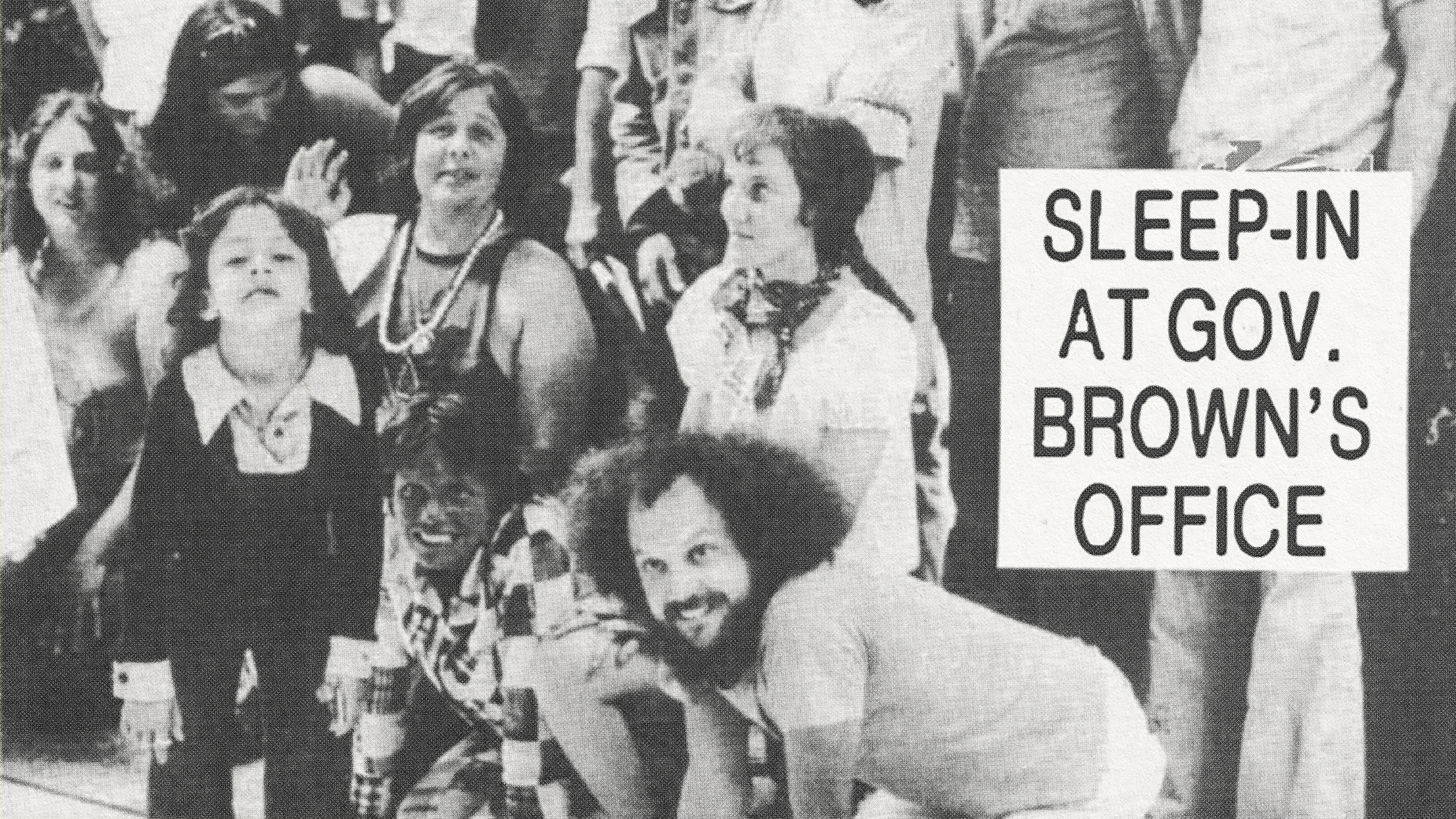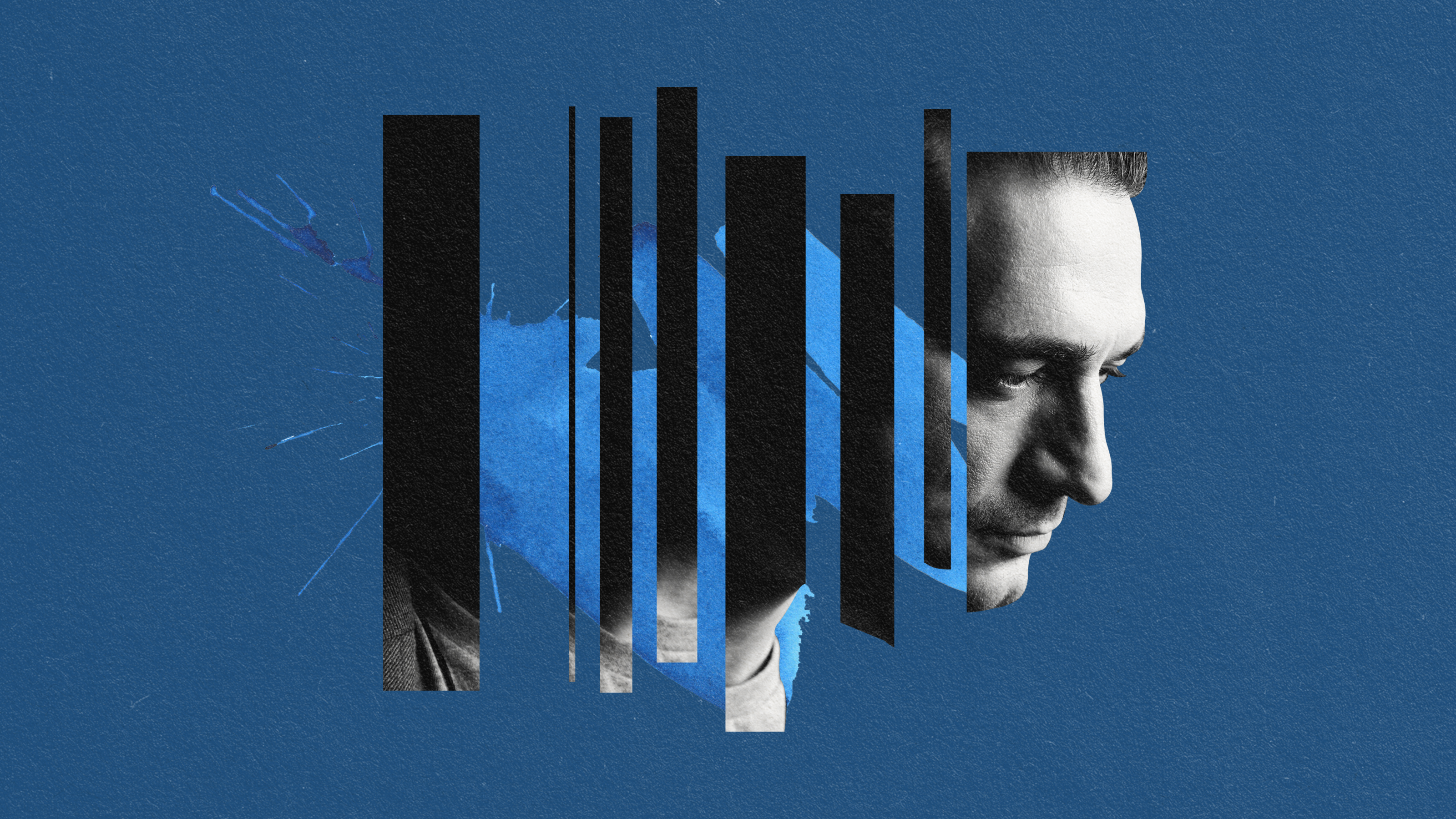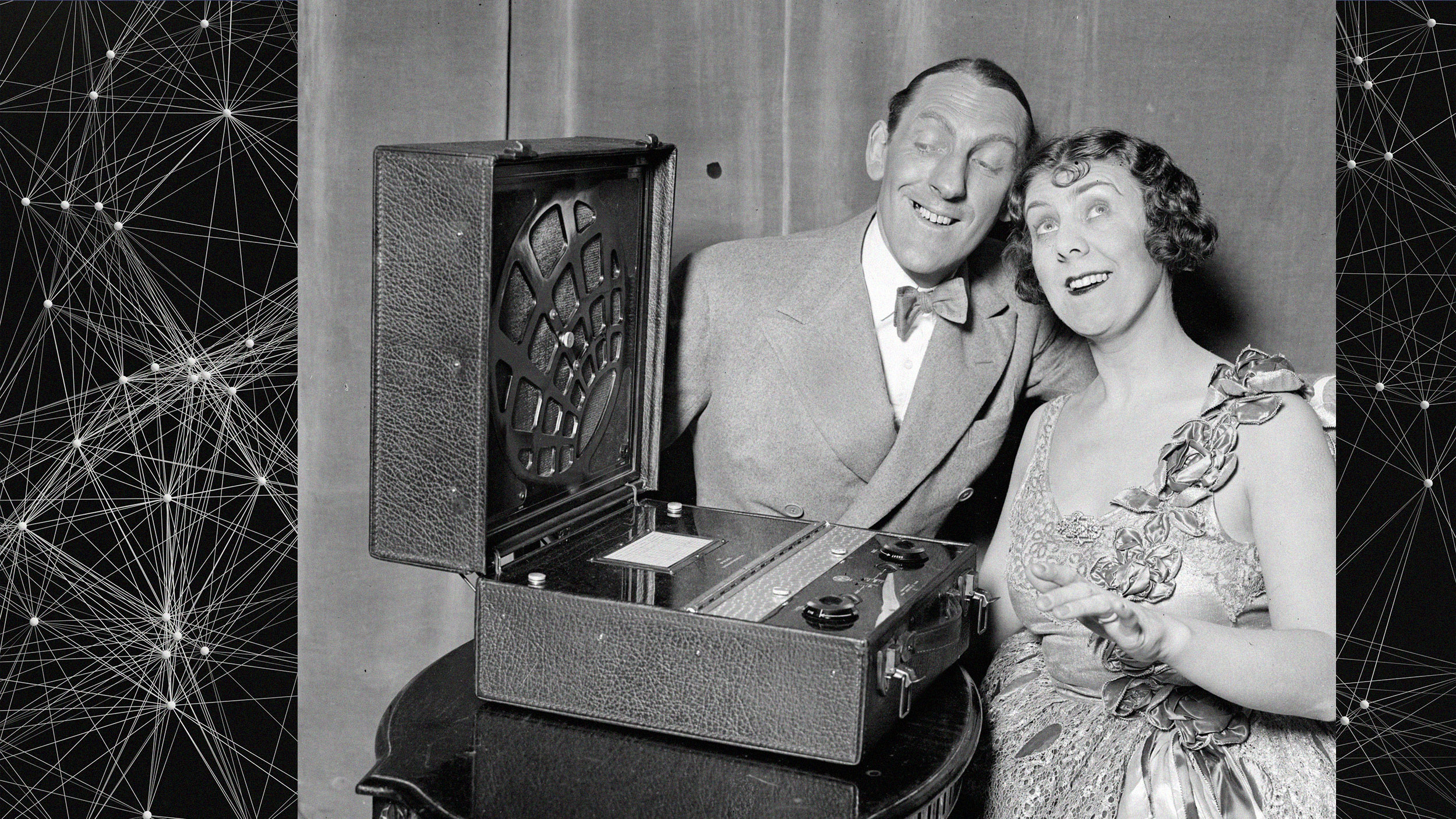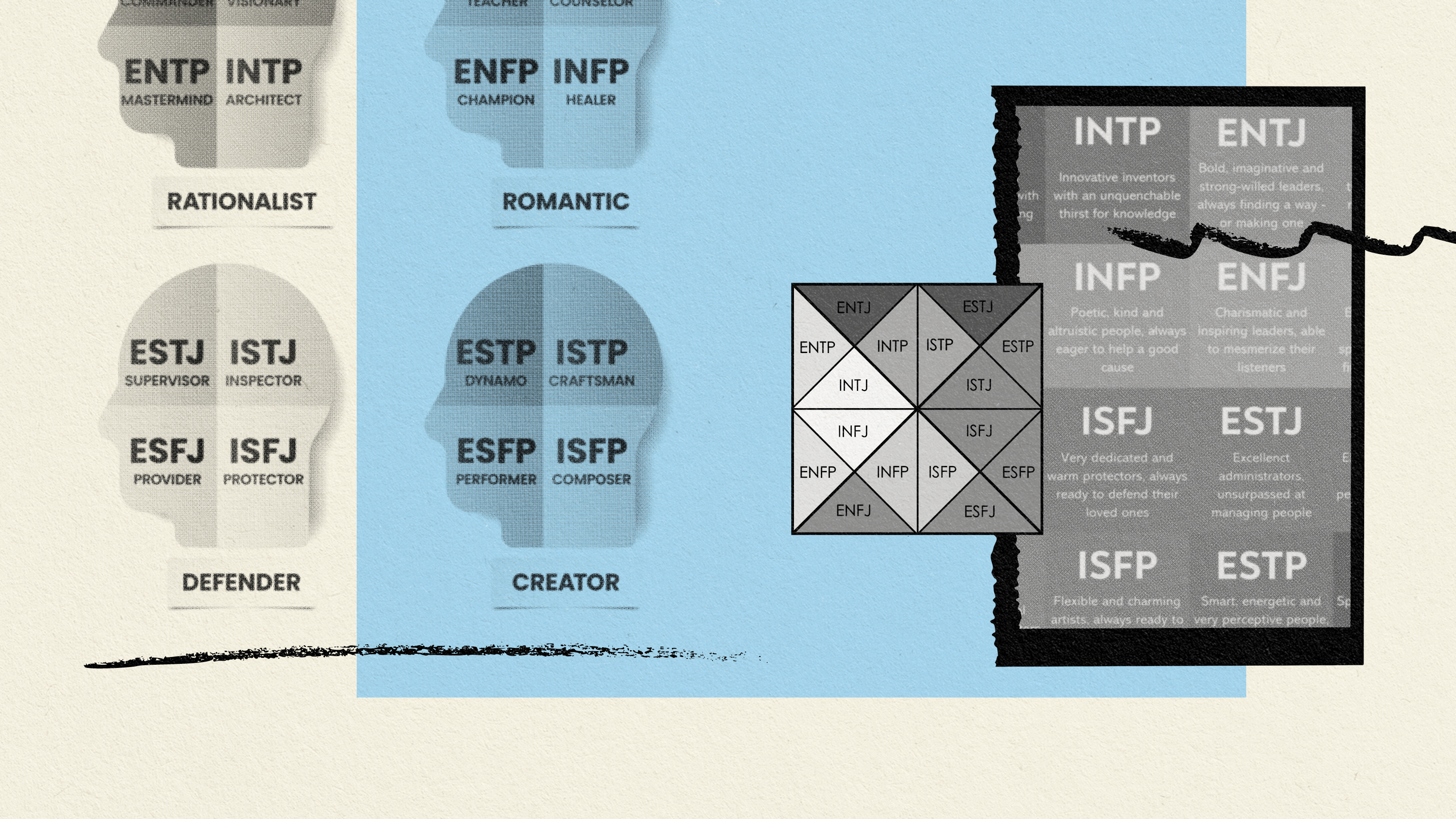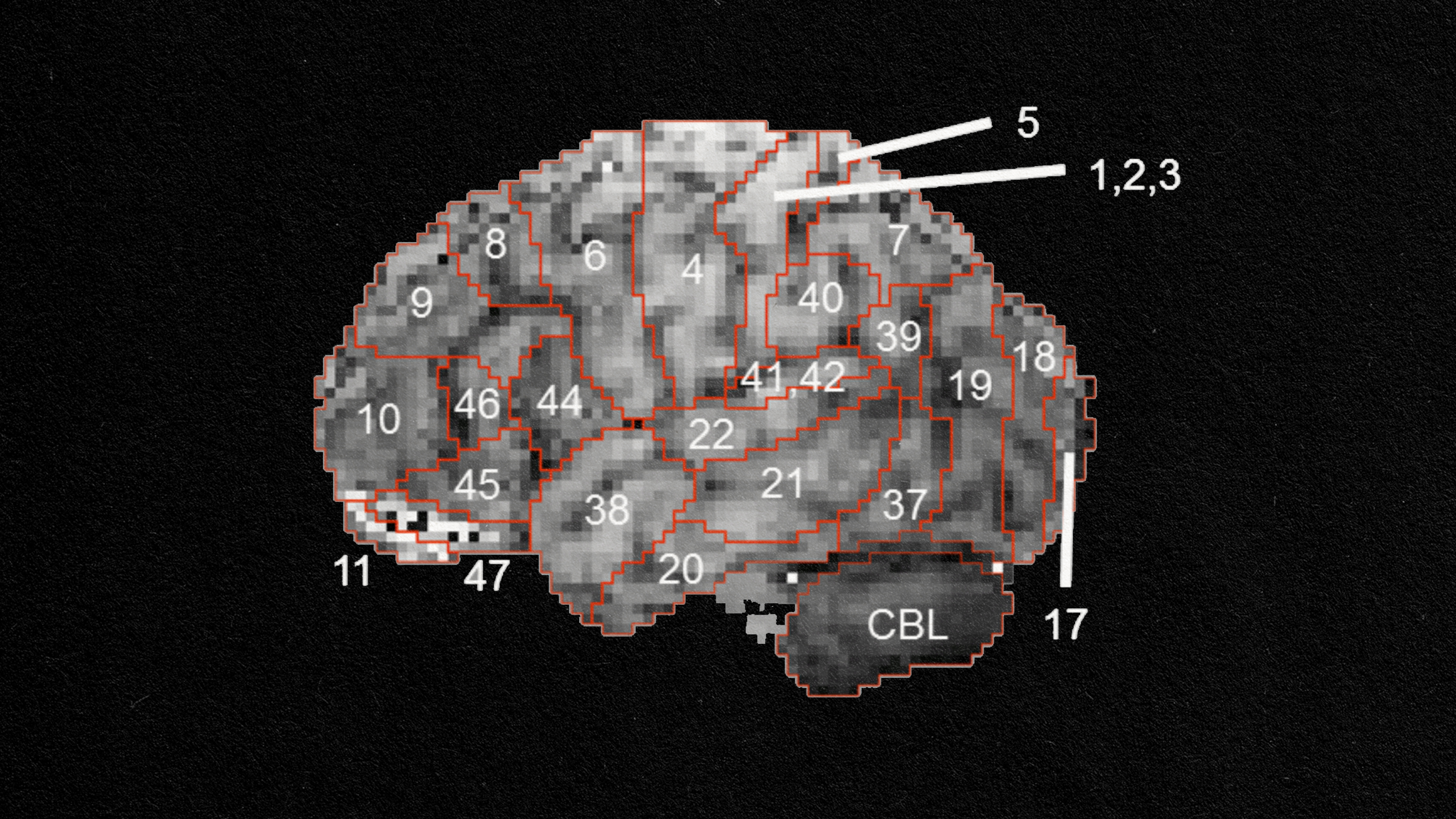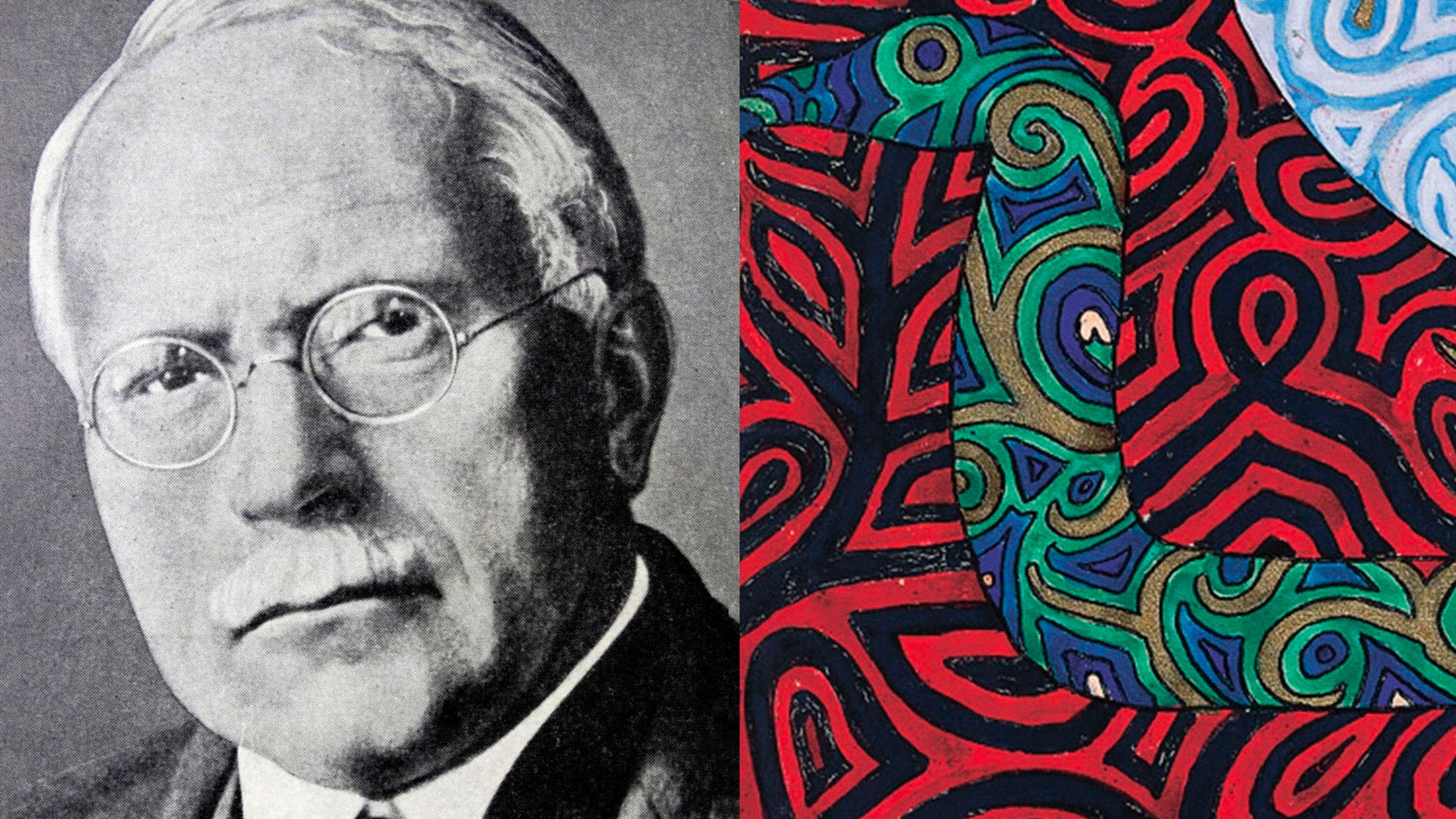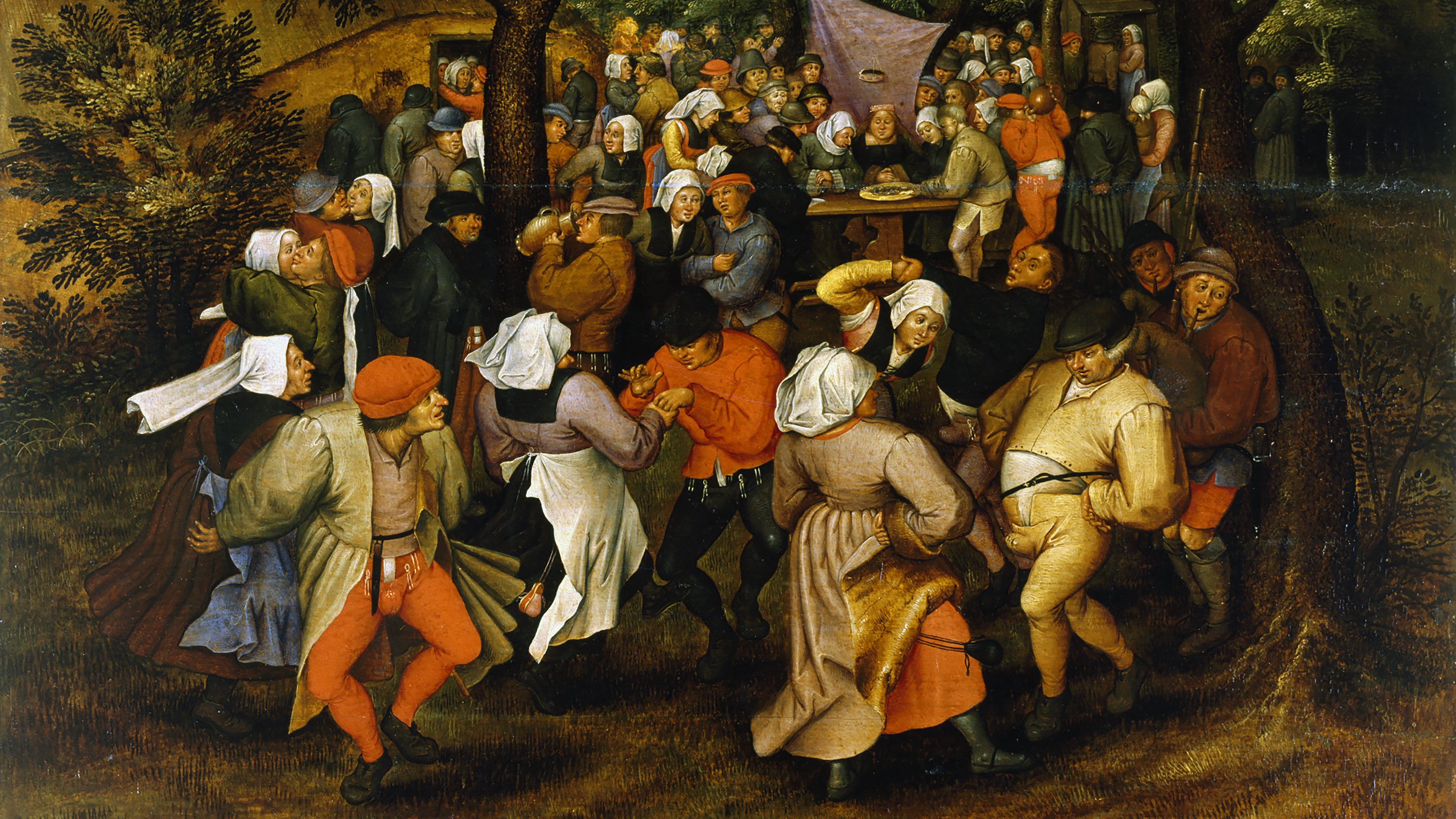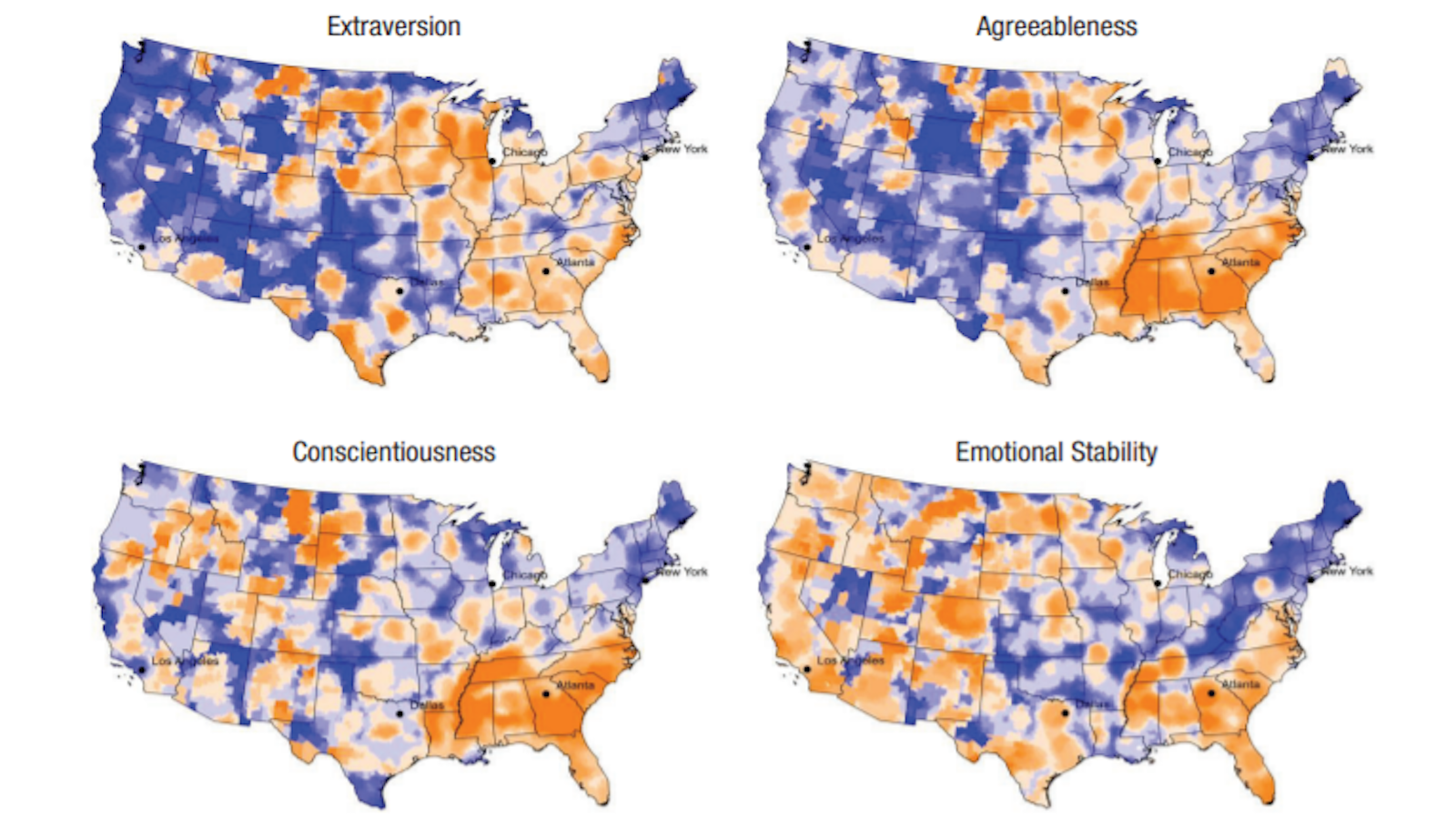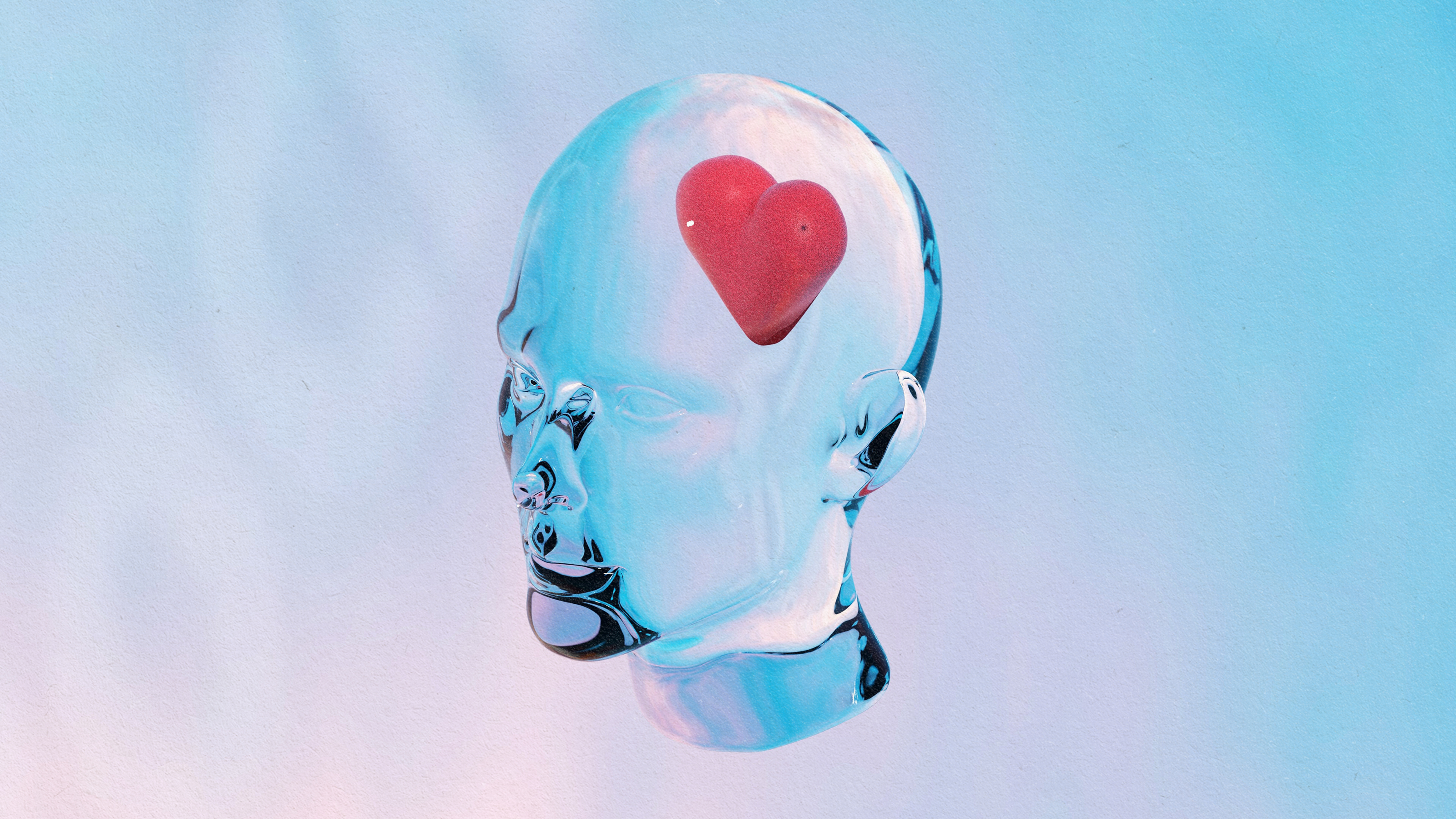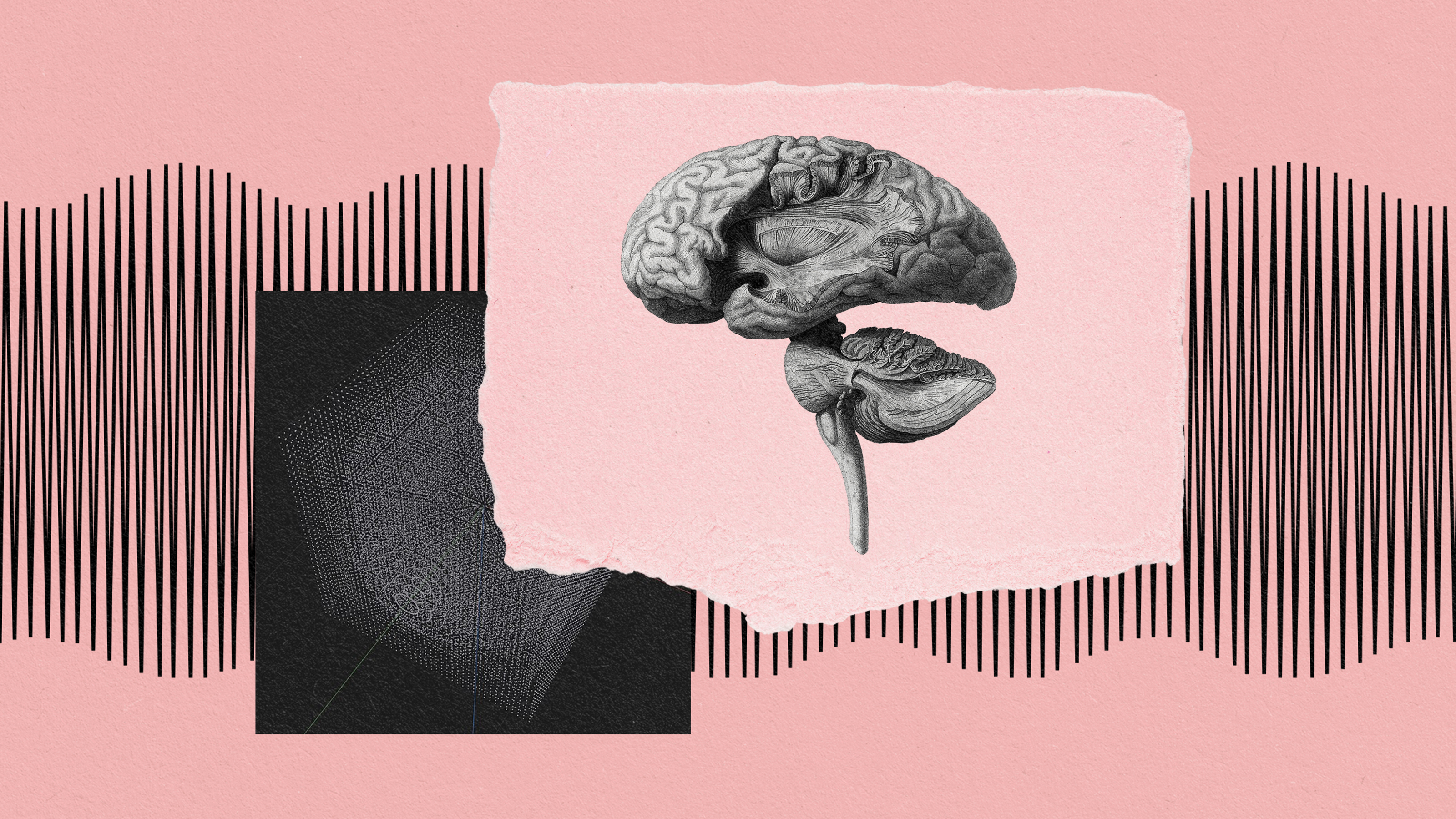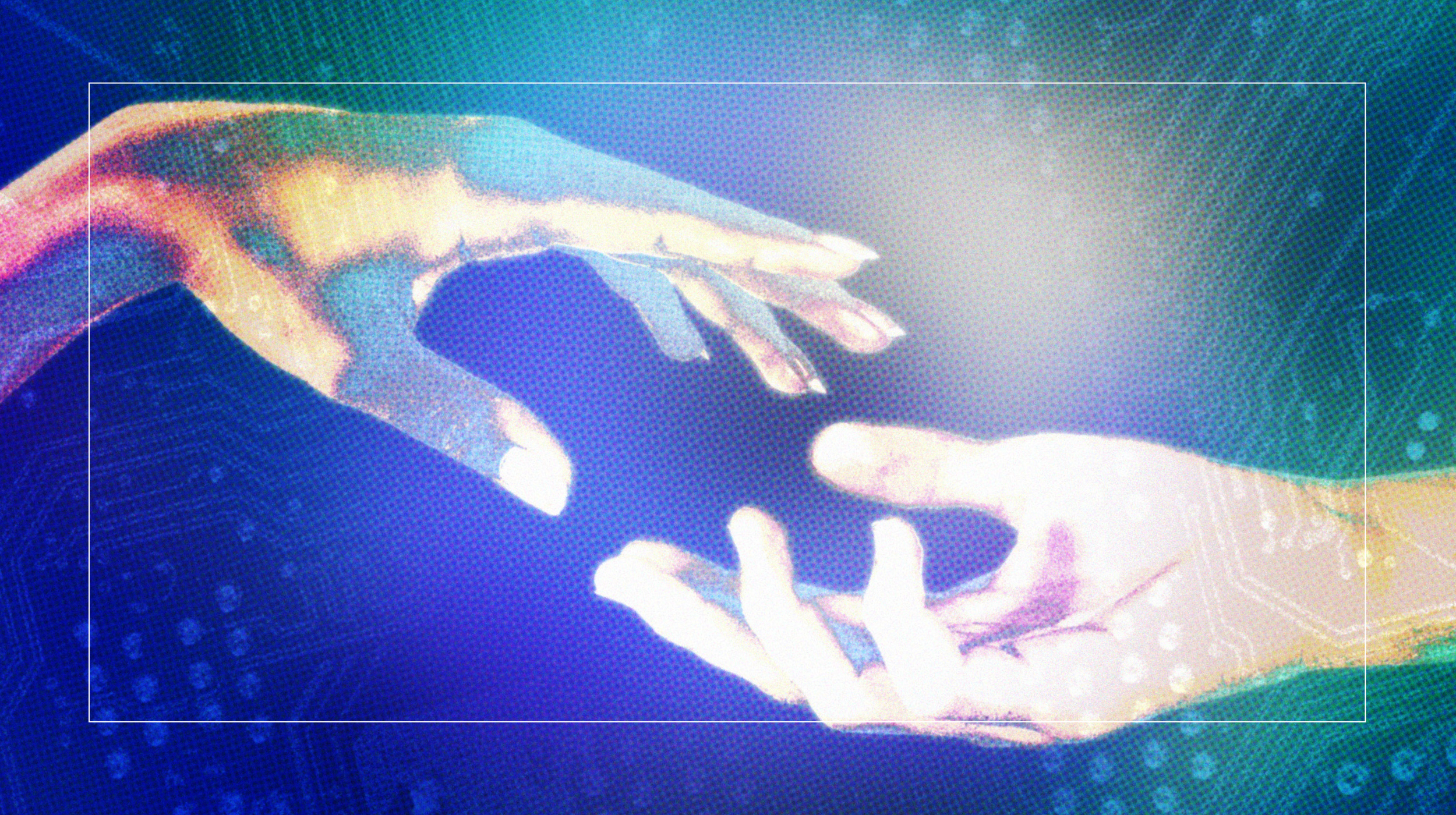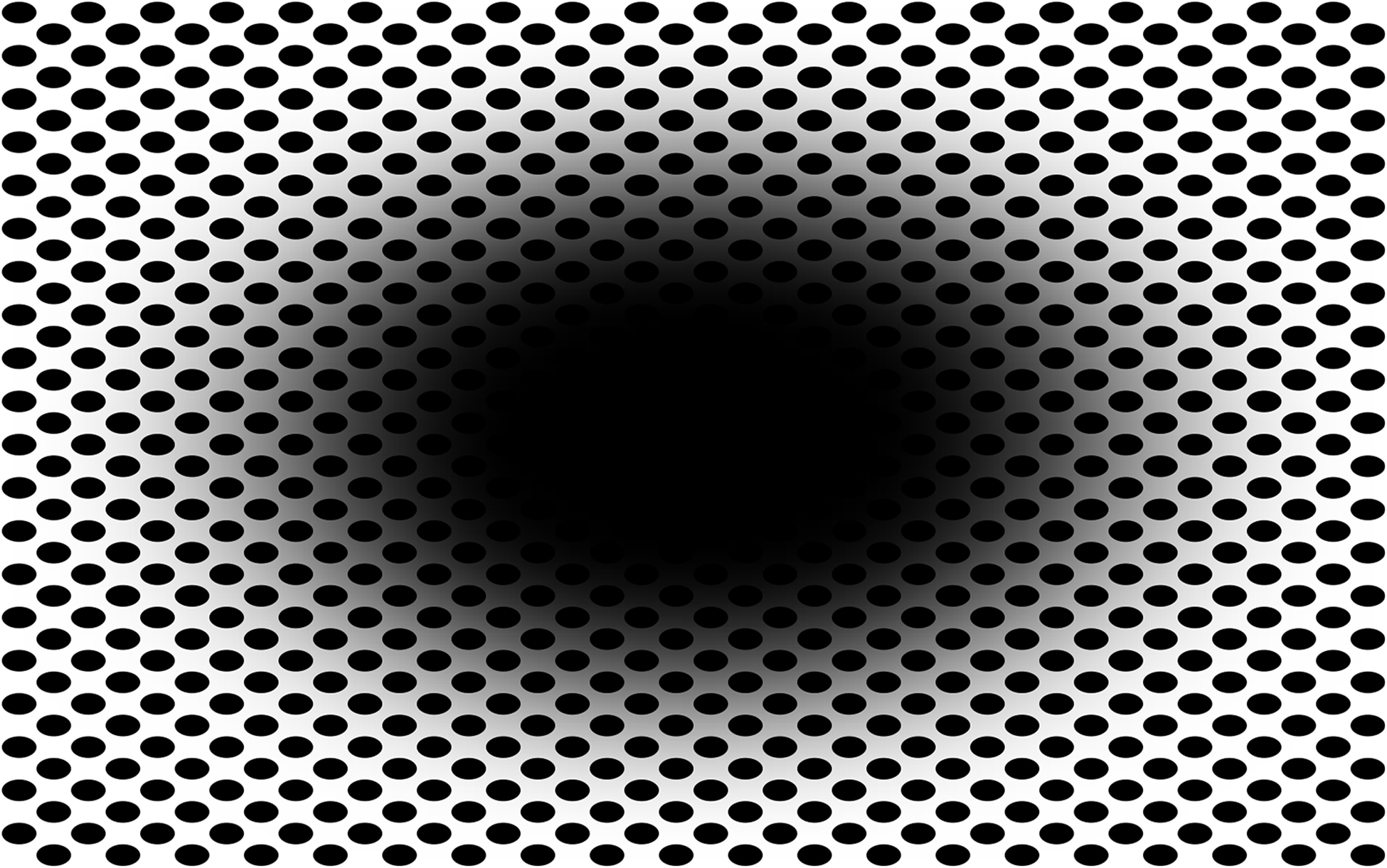psychology
A brief look at the six-decade challenge to psychiatry.
It could explain why so many people don’t respond to common antidepressants.
Grief never ends. There is no closure, but there are things we can do to mitigate the feeling of loss.
Now that the DSM lists severe hoarding as a disorder apart from OCD, psychologists are asking what explains its prevalence.
Your heart rate reveals your brain activity, which in turn can predict hit songs — and maybe stock performance, as well.
Uncovering the ideology of “Karens” and “Kens.”
Psychopathic tendencies may be present to some extent in all of us. New research is reframing this often sensationalized and maligned set of traits and finding some positive twists.
Big Think covered the 2012 study shortly after it was published. We are now correcting the record.
If you’ve looked for a job recently, you may have encountered the personality test. You may also have wondered if it was backed by scientific research.
Scott Dikkers discusses comedy, the creative process, and life lessons learned playing peekaboo.
A study involving nearly 2,000 people found links between personality traits and the likelihood of moving toward or away from dementia.
Daydreaming can be a pleasant pastime, but people who suffer from maladaptive daydreaming are trapped by their fantasies.
The strange case of cultured ultra-thief Stéphane Breitwieser — who claims “art is my drug” — has divided opinion. Is it Stendhal syndrome?
When a whoopsie-daisy just won’t cut it.
Our state of extreme social interconnectedness has rapidly accelerated the rollercoaster pace at which societal confidence may collapse.
“I thought strangers knew who I was and were whispering about me as I walked by.”
Stoicism is popular today but often misunderstood and misapplied. In fact, a naive interpretation of Stoicism is damaging to your well-being.
The carnival spirit was in full swing when the priests got wasted and made indecent gestures while dressed like pimps.
“It is healthy and normal to be afraid of death.”
Aiming to unlock the secrets of his unconscious mind, Jung experimented with intensive daydreaming.
The divers spend their waking hours either under hundreds of feet of water on the ocean floor or squeezed into an area the size of a restaurant booth.
Throughout history, hundreds — sometimes thousands — of people have been spontaneously compelled to dance until collapsing or dying from exhaustion. What explains this bizarre phenomenon?
Research suggests there’s truth to regional stereotypes in the U.S. — with some caveats.
Our minds seem both physical and intangible. That paradox has gripped this neuroscientist since childhood.
Will we ever unravel the mystery of consciousness? Two academics made a 25-year bet on it. The scientist lost.
Sophia, the humanoid robot, is not just mirroring emotions; she’s leading a revolution in emotional intelligence.
Your brain is trying to show you the future.
Your expectations form the way you experience the world.
Debate is a verbal sport with winners and losers. As such, it is less about the truth and more about who looks and sounds the best.
